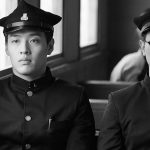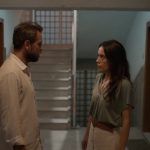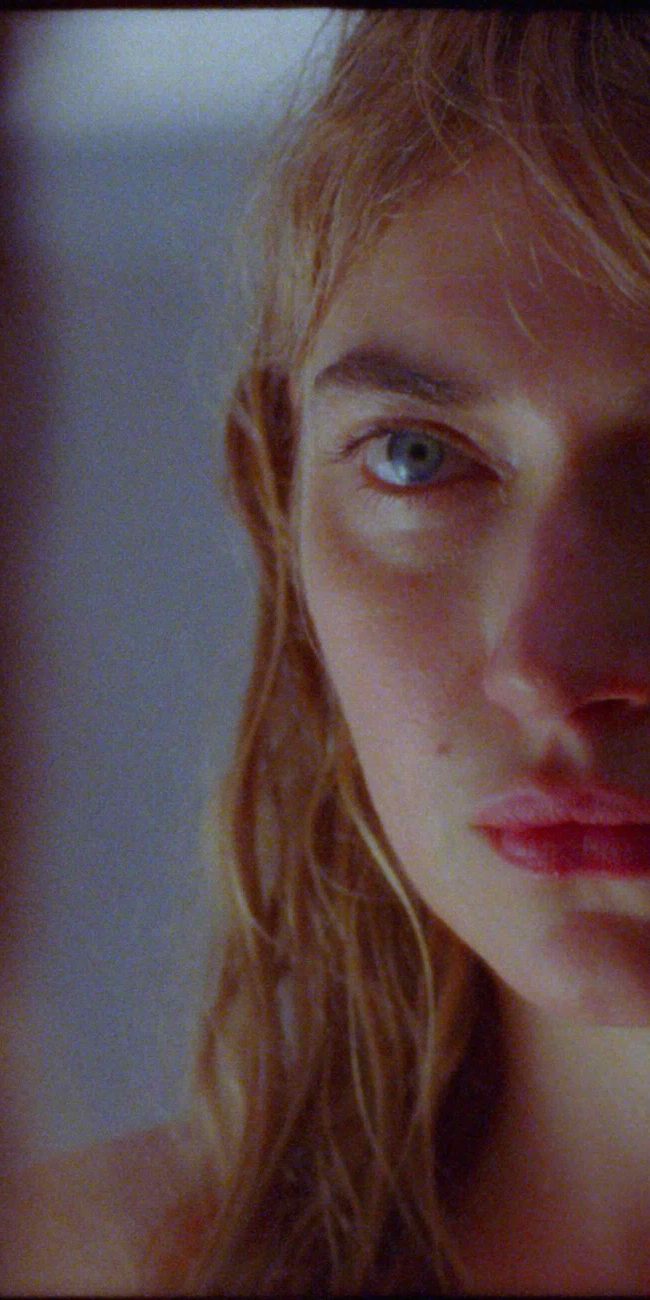DONGJU: THE PORTRAIT OF A POET

(The 2025 London Korean Film Festival runs November 5-18 and Hammer to Nail is excited to welcome writer Nathan Sartain to the team providing boots on the ground coverage. Check out his Dongju: The Portrait of a Poet movie review. Seen it? Join the conversation with HtN on our Letterboxd Page.)
A grounded, sober look at the life of one of Korea’s most highly regarded poets, director Lee Joon-ik’s Dongju: The Portrait of a Poet retains its significance nearly a decade after its initial release. As South Korea recently commemorated 80 years of liberation from Japanese colonial rule, it’s an apt time to revisit the film, which is screening at the London Korean Film Festival as part of their ‘Dramas of Resistance’ strand.
At the core of proceedings is an interrogation of Yoon Dong-ju (Kang Ha-neul), a young man being accused of having involvement in plotting an uprising against the Japanese government. Nevertheless, in initial flashback scenes the poet is shown to be quite reserved, or at least he is in comparison to his cousin Song Mong-gyu (Park Jeong-min). Fundamentally, his relative is a far bolder presence, unafraid to speak his mind about persecution even if it risks inviting scorn.
As time passes, tensions rise. The two cousins face ideological clashes, arguing in literary magazine meetings about what ideas actually can actually make an impression, and indeed whether prose or poetry itself carries the power to spark change. Yet when the pair do seemingly begin to align closer, even heading to Japan together for university studies, further consequences linger.
The contrast between Dong-ju and Mong-gyu makes for some of the film’s more interesting discussion points, with the two leads presented in such a way where both sides of the coin are portrayed as being at least somewhat flawed, but not necessarily incorrect. On one hand, the keen observance and sometimes wilful naivety of Dong-ju may allow him room to deeply ponder how he feels about the way the world around him is changing without taking a frontline approach, though it ultimately doesn’t guard him from eventual imprisonment. Meanwhile, Mong-gyu’s passionate, youthful spirit when it comes to taking meaningful action may be stirring and commendable, yet arguably lacks some measure in its eventual execution.
Still, these two men undeniably share the fact that they are consistently victims of what is unfolding around them. Tracked through the flashbacks are intertwining lives that at first look optimistic in the face of adversity, underpinned with the belief that things can get better, only for the subjects in question to be dehumanised (their names are taken, their native language banned) in a way that either forces regretful complicity, or radical response. In the 110-minute runtime some of the details are spared to the viewer, and we tend to get glimpses rather than deep-dives into the evolving landscape our protagonists operate within, yet it’s nonetheless impactful as the audience, alongside Dong-ju himself, fully realise the gravity of the situation.
In that regard, Kang Ha-neul offers an excellent performance as the titular character, showing the understated emotion of a man who has the ambition to dream of being a poet in times of strife, as well as the ability to be brave when the situation calls for it. Pensive and reflective, Kang keeps his portrayal of Dong-ju rooted in realistic emotion, skilfully avoiding any grand dramatic flair. In a similar vein, Park Jeong-min is strong as Mong-gyu, painting the picture of someone fearlessly pushing for his idea of freedom, and willing to take daring steps in the hopes his own objectives materialise not just for himself, but all of those around him. It’s at times rousing, and still avoids falling into cliché despite the role needing to be more intentionally engaging.
Intimately filmed in black-and-white, and slickly knitted together with flashes of poetry, Dongju: The Portrait of a Poet is a quietly affecting biopic packed full of tender emotion. Drawing on thought-provoking moments for impact, this is a film which thrives in giving viewers room for reflection, even after the credits have rolled.
– Nathan Sartain
London Korean Film Festival; Dongju: The Portrait of a Poet Frosted Window











